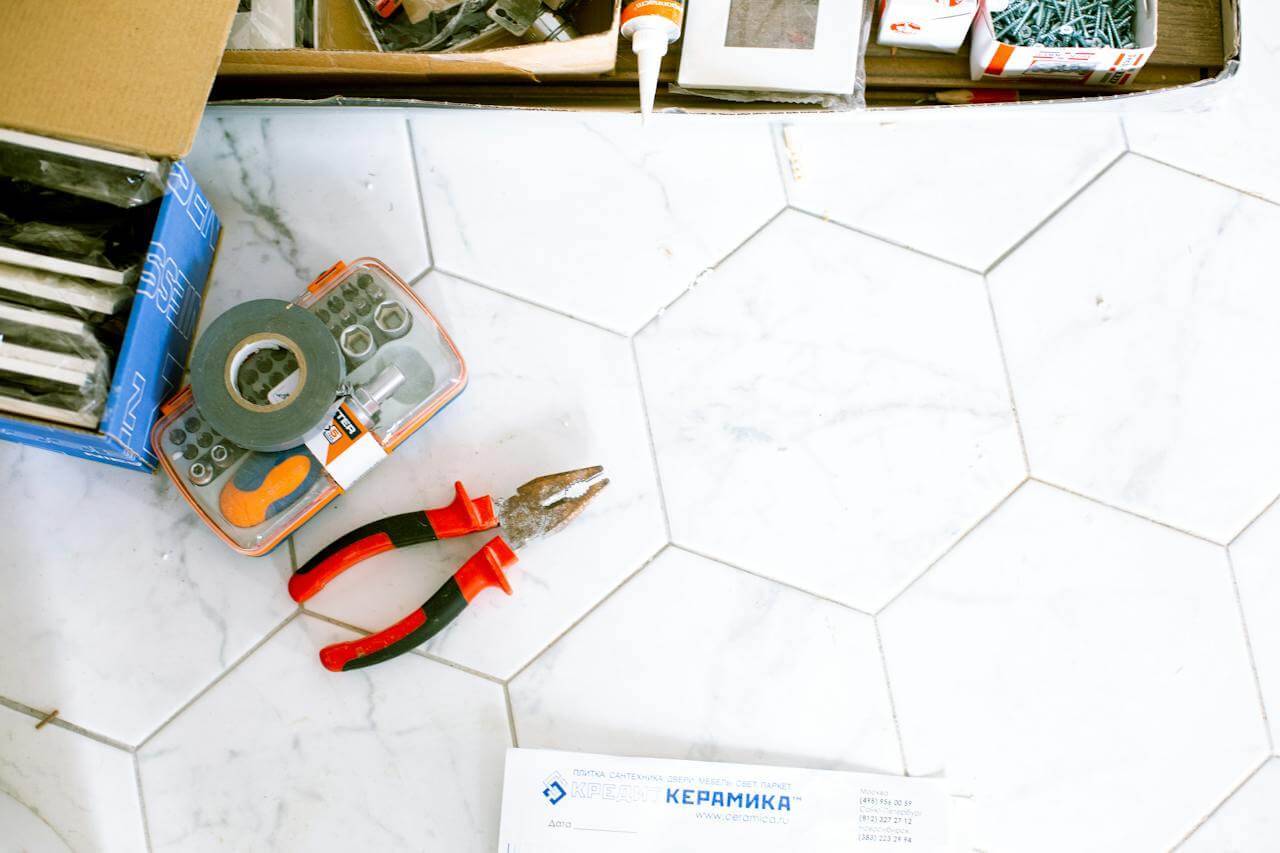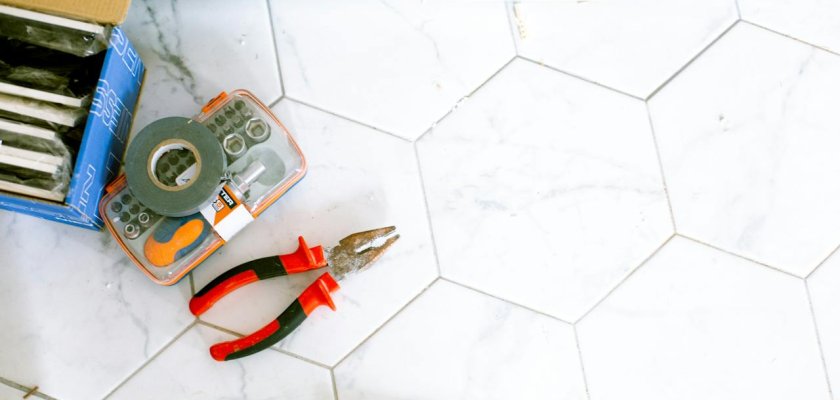Introduction:
Flooring installation is a meticulous task that demands precision, skill, and the right set of tools. Whether you are a seasoned professional or a DIY enthusiast, having the appropriate tools can make a significant difference in the outcome of your project. In this article, we will explore the top 10 must-have flooring tools that professionals swear by for achieving seamless and high-quality installations.

Flooring Saw:
One of the fundamental tools for any flooring project is a reliable flooring saw. Whether you choose a circular saw, jigsaw, or miter saw, having a tool that can make precise cuts on various flooring materials is essential. Look for a saw with adjustable depth settings to accommodate different thicknesses of flooring.
Knee Pads:
Flooring professionals spend a considerable amount of time working on their knees, which can take a toll on the joints over time. Investing in high-quality knee pads is crucial to ensure comfort and prevent injuries. Gel-infused knee pads are particularly effective in providing support and reducing strain during extended periods of work.
Flooring Nailer:
A flooring nailer is indispensable for securing flooring materials in place. Pneumatic or manual, these tools ensure that your flooring is securely fastened without the risk of damage. Choose a flooring nailer that is compatible with the specific type of flooring you are working with, whether it be hardwood, laminate, or engineered flooring.
Tapping Block and Pull Bar:
Tapping blocks and pull bars are essential tools for the installation of tongue-and-groove flooring. The tapping block helps to fit the flooring pieces together without causing damage, while the pull bar is used to eliminate gaps and ensure a tight fit. These tools are especially crucial for floating floor installations.
Moisture Meter:
Moisture content in the subfloor or the flooring material itself can lead to various problems, including warping and mold growth. A moisture meter allows professionals to assess and monitor the moisture levels, ensuring that the conditions are suitable for installation. Regular checks with a moisture meter can prevent costly mistakes in the long run.
Chalk Line:
Precision is key in flooring installations, and a chalk line is an excellent tool for achieving straight and accurate layout lines. Whether marking guidelines for tile placement or establishing a straight line for hardwood planks, a chalk line provides a visible guide that helps maintain a professional finish.
Floor Scraper:
Before installing new flooring, it’s often necessary to remove the old material. A floor scraper is a powerful tool for efficiently removing old adhesives, tile, or other flooring types. Look for a scraper with a sturdy blade and an ergonomic handle for optimal efficiency and ease of use.
Spacers:
Spacers play a crucial role in maintaining consistent gaps between flooring planks or tiles. These gaps are essential for accommodating expansion and contraction due to temperature and humidity changes. Using spacers ensures a professional-looking installation and helps prevent issues such as buckling or warping over time.
Angle Grinder:
An angle grinder equipped with a diamond blade is an essential tool for cutting and shaping tiles or other hard flooring materials. Whether making intricate cuts or trimming edges, an angle grinder provides the precision and versatility needed for a wide range of flooring projects.
Digital Caliper:
For projects that demand the utmost accuracy, a digital caliper is a valuable tool for measuring the thickness of flooring materials and ensuring precise cuts. This instrument is particularly useful in intricate installations where small discrepancies can affect the overall quality of the work.
Conclusion:
Professionals in the flooring industry understand the importance of using the right tools to achieve exceptional results. Whether you are installing hardwood, laminate, tile, or any other type of flooring, having these top 10 must-have tools in your arsenal will contribute to the success and longevity of your projects. Investing in high-quality tools not only enhances efficiency but also ensures the safety of both the installer and the longevity of the finished flooring installation.

